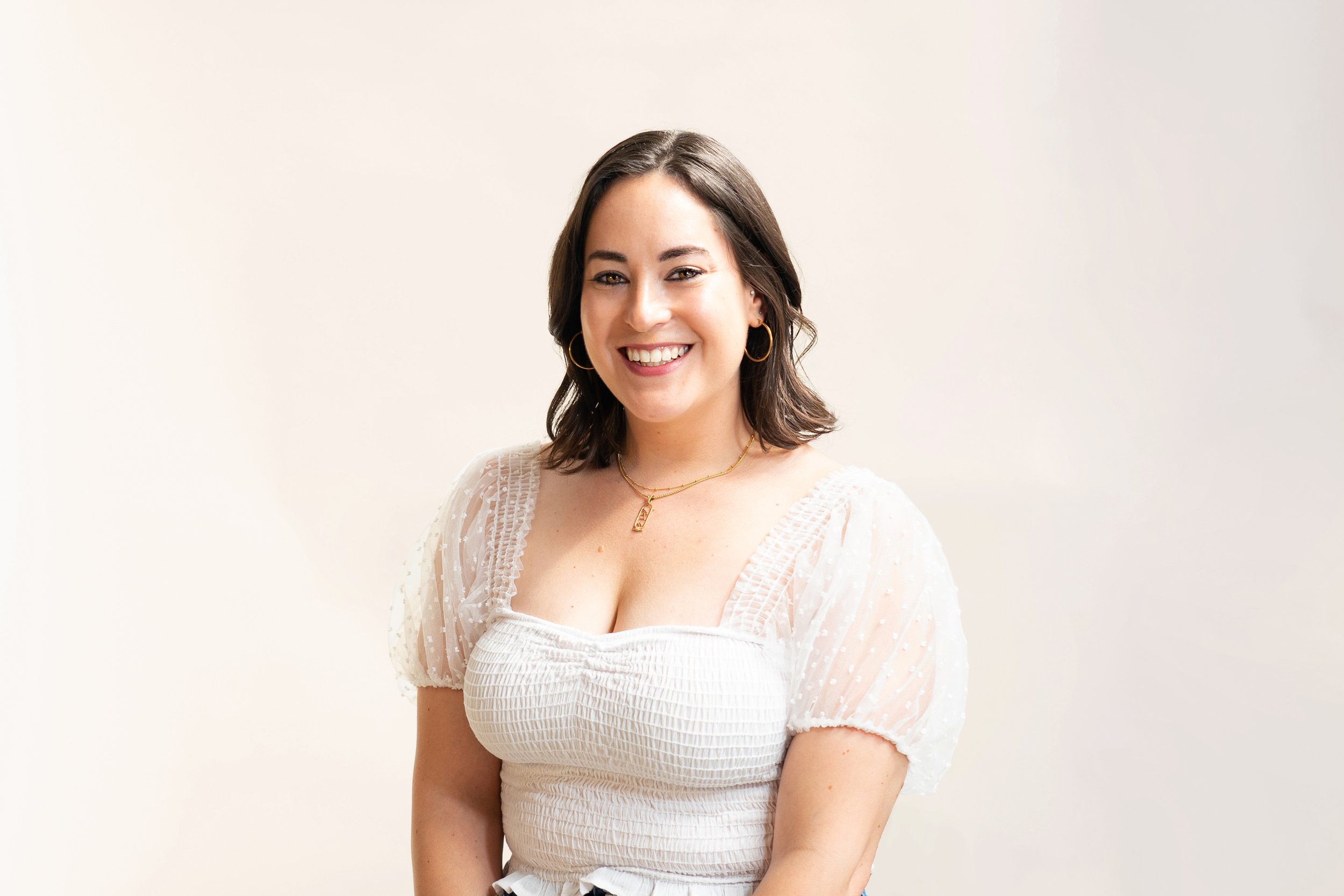Ani G. Accessibility is a consulting firm rooted in the belief that everyone belongs on the dance floor.
Ani works with artists and event producers across industries to ensure that our spaces of joy can adapt to different accessibility needs. She believes that we should be able to continue doing what we love as our needs change throughout our lives. This happens when our venues and gathering places are operated by and for people conscious of the range of care our minds and bodies need to thrive.
New accessible website coming soon!
Studio portrait of Ani smiling. She has short dark hair and white skin. She wears a white top with puffy sleeves and gold jewelry.
About Ani G.
Ani has a Masters in Social Work from the University of Michigan in Aging and specialized in environmental gerontology. Her early career work brought an aging, accessibility and equity lens to smart mobility and smart city spaces. Her work has since expanded to designing accessible environments and experiences for people at any age with a range of clients from large brands to small and mid-sized organizations.
Ani learned that dance floors are universal sites of healing. They are places we seek to reconnect our bodies to our minds and shake off the pain of a long week. They are vehicles that bring people together and transcend the oppressive forces of the outside world. They are where we go to feel connected to something much greater than ourselves. When intentionally and collectively cared for, dance floors become the safest spaces for all who need it.
At the age of 3, Ani began moving around the world in an automotive family where her community now stretches 5 continents. She grew up with a murky sense of “home” and often wrestled with her own sense of belonging. These feelings evolved into an innate drive to make sure that others feel at home, wherever they might be. Constantly adapting to new environments and cultural practices allowed her to deeply anticipate the needs of others and to translate a common language across groups of different people.
These days, she calls Detroit “home” and still travels for work and play.

